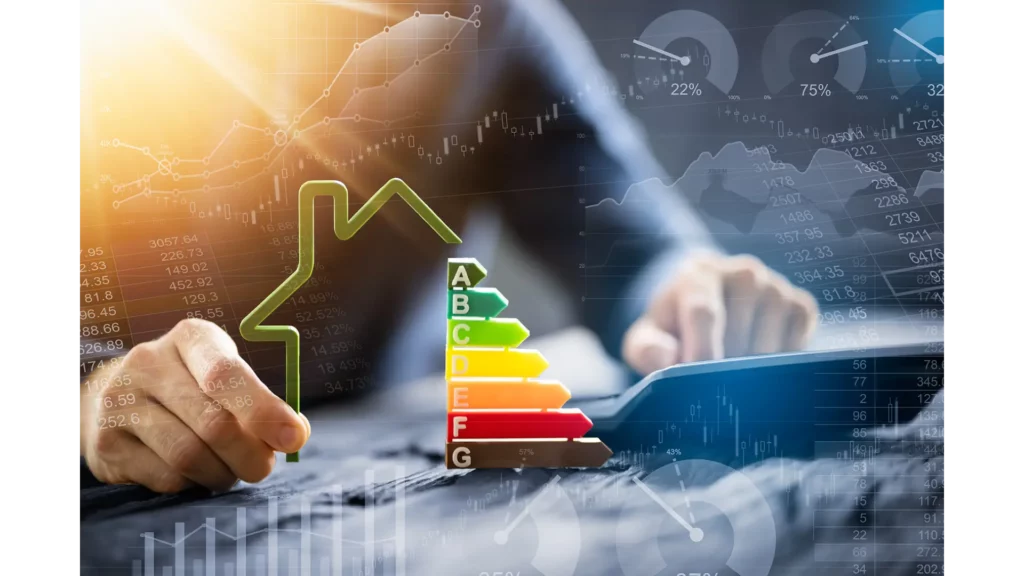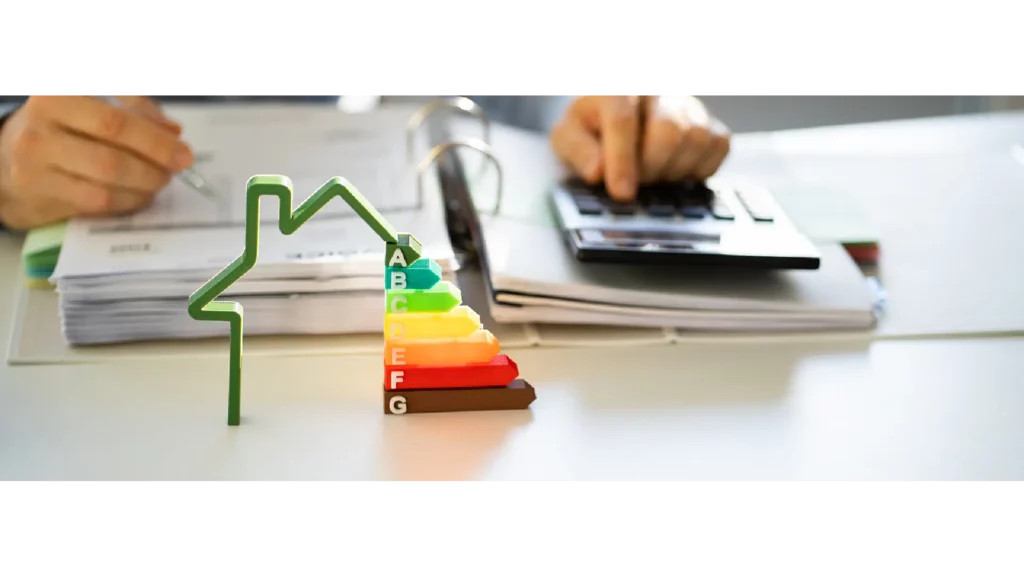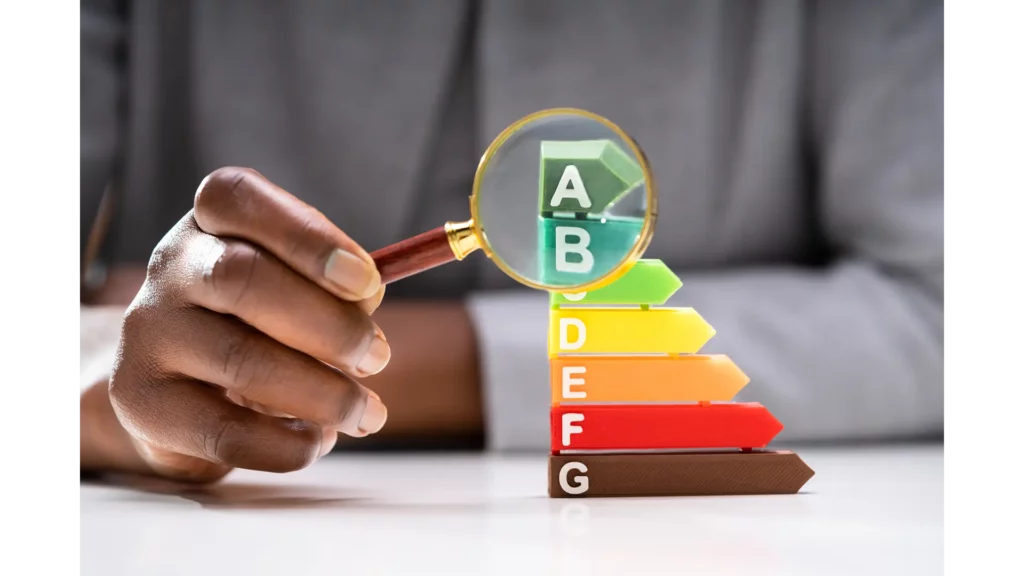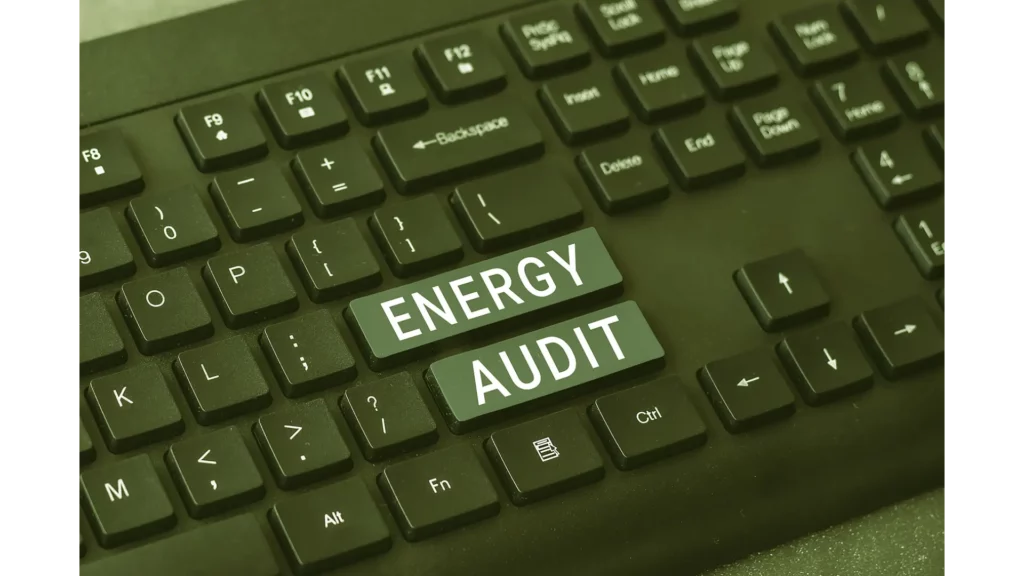In today's environmentally-conscious world, the significance of energy efficiency cannot be overstated. For residents of the Garden State, understanding and optimizing home energy use through a New Jersey Energy Audit is not just an option—it's a necessity.
This comprehensive guide dives deep into the ins and outs of New Jersey Energy Audits, providing you with all the knowledge you need to make informed decisions about your home's energy consumption.
What is a New Jersey Energy Audits?
A New Jersey Energy Audit is a thorough examination of your home's energy use and efficiency. Conducted by certified professionals, this audit identifies areas where energy can be saved by pinpointing inefficiencies and suggesting improvements.
From the basement to the attic, every part of your home is inspected to ensure maximum energy optimization.
Why is a New Jersey Energy Audit Important?
The importance of a New Jersey Energy Audit lies in its multiple benefits:
- Cost Savings: Identifying and rectifying energy inefficiencies can significantly reduce your monthly utility bills.
- Environmental Impact: By reducing your home's energy consumption, you're contributing to a healthier planet.
- Improved Home Comfort: Addressing issues like drafty windows or insufficient insulation can make your home more comfortable year-round.
- Increased Home Value: Homes with better energy efficiency ratings are more attractive to buyers, potentially increasing your home's resale value.

How Does a New Jersey Energy Audit Work?
A New Jersey Energy Audit involves several key steps, conducted by energy professionals, to assess your home's energy use:
- Initial Consultation: This first step involves understanding your current energy consumption patterns and concerns.
- On-site Inspection: The auditor visits your home to conduct a thorough examination of its structure, heating and cooling systems, insulation levels, and other factors affecting energy use.
- Blower Door Test: This test identifies air leaks in the home by creating a pressure difference between the inside and outside.
- Thermal Imaging: Infrared cameras detect areas of poor insulation and thermal bridging, highlighting where heat loss occurs.
- Detailed Report: The auditor provides a comprehensive report detailing the findings, including areas of inefficiency and recommended improvements.
Implementing Recommendations from a New Jersey Energy Audit
Following the audit, homeowners are faced with various recommendations to improve their home's energy efficiency. These might include:
- Sealing Air Leaks: Caulking and weatherstripping to seal leaks around doors, windows, and other openings.
- Upgrading Insulation: Adding or replacing insulation in key areas like the attic, walls, and floors.
- HVAC System Improvements: Updating to more efficient heating, ventilation, and air conditioning systems.
- Installing Energy-Efficient Appliances: Replacing old appliances with Energy Star-rated ones that use less energy.
- Adopting Renewable Energy Sources: Considering solar panels or geothermal systems for cleaner, renewable energy.

Finding a Certified Auditor for a New Jersey Energy Audit
To ensure the accuracy and effectiveness of your New Jersey Energy Audit, it's crucial to hire a certified professional.
Look for auditors with credentials from respected organizations such as the Building Performance Institute (BPI) or the Residential Energy Services Network (RESNET).
Many utility companies in New Jersey also offer energy audit programs, often at a discounted rate.
Factors Influencing Home Energy Audit NJ Cost
Several elements can influence the overall cost of a home energy audit New Jersey. These include:
- Size of the Home: Larger homes have more spaces to inspect, which can extend the time and effort required to conduct a thorough audit.
- Complexity of the Audit: Homes with unique architectural features or older homes that haven't been updated recently may require a more detailed inspection.
- Auditor Qualifications: Certified auditors, especially those with credentials from reputable organizations, may command higher prices due to their expertise and thoroughness.
- Extent of Energy Systems: Homes with diverse energy systems like solar panels or smart technology may require specialized assessment, increasing audit costs due to added complexity.
- Age and Condition of Infrastructure: Older or poorly maintained homes may have outdated infrastructure needing thorough inspection, potentially increasing audit costs to address energy inefficiencies.
- Accessibility and Layout of the Property: Homes with complex layouts or challenging access may require more time and effort to inspect thoroughly, impacting audit costs due to logistical challenges faced by auditors.

Implementing NJ Clean Energy Audit Recommendations
Upon completion of the audit, property owners receive a detailed report outlining recommended energy-saving measures. These recommendations may include:
- Upgrading to Energy-Efficient Appliances: Replacing old, inefficient appliances with ENERGY STAR-certified models can lead to substantial energy savings.
- Improving Insulation and Air Sealing: Proper insulation and air sealing help maintain consistent indoor temperatures, reducing the workload on heating and cooling systems and lowering energy costs.
- Installing Renewable Energy Systems: NJ Clean Energy Audits may recommend the installation of solar panels or other renewable energy systems to further reduce reliance on fossil fuels and decrease energy expenses.
- Behavioral Changes: Simple changes in behavior, such as turning off lights when not in use or adjusting thermostat settings, can lead to significant energy savings over time.
- Incentives and Rebates: In addition to the cost savings from reduced energy consumption, property owners may be eligible for incentives and rebates offered through NJ Clean Energy Programs, further offsetting the upfront costs of energy-efficient upgrades.
NJ Energy Audit Program: Empowering Energy Efficiency
The NJ Energy Audit Program offers residents and businesses a pathway to improved energy efficiency and sustainability by providing access to resources, incentives, and comprehensive assessments conducted by certified professionals.
Participants can make informed decisions to prioritize cost-effective upgrades, reduce utility bills, and demonstrate environmental stewardship, contributing to a greener future for New Jersey communities.

The Future of New Jersey Home Energy Audit
The future of New Jersey home energy audits is undergoing a transformative shift towards sustainability through innovations in technology, policy, and consumer awareness.
The integration of smart technologies, renewable energy sources, and policy initiatives drives this evolution, ensuring a greener and more energy-efficient future for homes across New Jersey.
- Integration of Smart Technologies
Smart home technology, including devices like thermostats and energy monitors, offers real-time insights into energy usage, empowering homeowners to make informed decisions about energy efficiency upgrades.
Auditors leverage data analytics and artificial intelligence to provide personalized recommendations tailored to each home's needs, enhancing the accuracy and effectiveness of NJ home energy audits.
- Embracing Renewable Energy Solutions
The increasing accessibility and affordability of renewable energy sources such as solar panels and wind turbines present sustainable alternatives for homeowners.
Auditors are adapting their assessment methods to evaluate the performance and integration of these systems effectively, promoting sustainability and reducing dependence on fossil fuels in NJ home energy audits.
- Policy Initiatives Driving Change
Legislative measures and incentives for energy efficiency standards and renewable energy adoption are shaping the future of New Jersey home energy audits.
These initiatives drive demand for audits and encourage homeowners to invest in energy-saving upgrades, fostering a culture of energy conservation and sustainability across the state.
- Paving the Way Towards a Greener Future
The future of New Jersey home energy audits holds promise for driving sustainable practices and empowering homeowners to take control of their energy usage.
By embracing innovations in technology, policy, and consumer engagement, New Jersey is leading the way toward a greener and more energy-efficient future for homes.

FAQs (Frequently Asked Questions) about Home Energy Audits in New Jersey
What is a home energy audit, and why is it important for New Jersey homeowners?
A home energy audit is a comprehensive assessment of a residence's energy usage and efficiency. It helps homeowners identify areas of waste and inefficiency, leading to potential cost savings and environmental benefits. In New Jersey, where energy costs can be high, optimizing energy usage is crucial for reducing utility expenses and minimizing carbon footprints.
How much does it cost an NJ energy audits?
The cost of a NJ energy audits can vary depending on factors such as the size and complexity of the home, the qualifications of the auditor, and any additional services included. On average, homeowners can expect to invest several hundred dollars for a thorough audit. However, considering the potential long-term savings on utility bills, the initial investment is often worthwhile.
What are some common recommendations provided in a home energy audit report?
Home energy audit reports typically include a range of recommendations aimed at improving energy efficiency and reducing utility expenses. These may include upgrading to energy-efficient appliances, improving insulation and air sealing, optimizing HVAC systems, and incorporating renewable energy solutions such as solar panels. Implementing these recommendations can lead to significant energy savings over time.
Are there any incentives or rebates available for homeowners who invest in a home energy audit in New Jersey? Yes, there are various incentives and rebates available through New Jersey Clean Energy Programs for homeowners who undertake energy-saving upgrades recommended in a home energy audit. These incentives can help offset the upfront costs of improvements, making energy efficiency upgrades more affordable and accessible for homeowners across the state.
How often should homeowners conduct a home energy audit in New Jersey?
While there is no set timeframe for conducting a home energy audit, it is generally recommended that homeowners schedule an audit every few years or when significant changes occur in the home, such as renovations or additions. Regular audits allow homeowners to track energy usage trends, identify emerging inefficiencies, and implement timely solutions to maintain optimal energy efficiency.
Can renters also benefit from a home energy audit in New Jersey?
Yes, renters can benefit indirectly from a home energy audit. While it's typically the responsibility of the homeowner to initiate an audit, renters can encourage their landlords to undertake the assessment. By demonstrating the potential cost savings and improvements in comfort that can result from energy efficiency upgrades, renters can advocate for the implementation of audit recommendations that benefit both parties.
How long does a home energy audit take to complete in New Jersey?
The duration of a home energy audit can vary depending on factors such as the size and complexity of the home, the thoroughness of the assessment, and the availability of the auditor. On average, a comprehensive audit may take several hours to complete. However, auditors may require additional time for data analysis and report generation. It's essential for homeowners to inquire about the expected timeline when scheduling an audit.
Will a home energy audit disrupt my daily routine in New Jersey?
While a home energy audit may require auditors to access different areas of your home and temporarily interrupt certain activities, efforts are made to minimize disruptions to your daily routine. Most auditors are respectful of homeowners' schedules and strive to complete the assessment efficiently and non-intrusively. Homeowners can discuss any concerns or preferences regarding timing and access with the auditor beforehand to ensure a smooth process.
Conclusion: The Path to Energy Efficiency
A New Jersey Energy Audit is the first step on the path to a more energy-efficient and sustainable home. By understanding and addressing your home's energy inefficiencies, you can enjoy lower utility bills, increased comfort, and the satisfaction of contributing to environmental conservation.
With the support of certified professionals and available financial incentives, there has never been a better time to invest in a New Jersey Energy Audit.
By taking action based on a New Jersey Energy Audit, homeowners can make a significant impact—not just on their own lives, but on the environment as a whole. It's a smart choice for your wallet, your comfort, and the planet.

